T4K3.news
Ageing Accelerates Earlier Than Thought New Research Reveals
A Chinese study finds ageing speeds up between 45 and 55, with some organs aging earlier and at different rates.
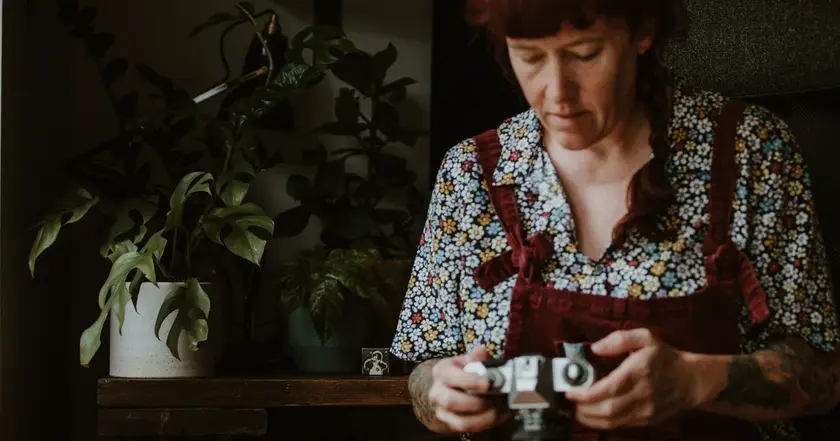
A Chinese study finds ageing speeds up between 45 and 55, with some organs aging earlier and at different rates.
Ageing Accelerates Earlier Than Thought New Research Reveals
Researchers at the Chinese Academy of Sciences analyzed tissue samples from heart, liver, pancreas, spleen, lungs, skin and muscles. They found the ageing process appears to speed up between ages 45 and 55, and that ageing occurs at different rates in different organs. Notably, signs of ageing appear around age 30 in the spleen, aorta and adrenal gland, with the aorta showing the largest protein changes in the 45 to 55 window.
Experts caution that ageing is not uniform across the body and that the finding could guide future therapies and interventions, though applying any approach will require careful testing and long-term studies.
Key Takeaways
"This kind of data generation is so powerful for folks who want to do things like bioengineering and creating new kinds of therapies to restore healthy ageing."
Eville Sanjana on the value of data-driven research
"but the window is short."
Dr. Thomas Blackwell on intervention timing
"ageing starts to accelerate between the ages of 45 and 55."
Study finding
"organs age at different rates across the body."
Observation from multi-organ analysis
The result challenges the idea of a single aging clock. If organs age at different times, therapies may need to be personalized rather than one-size-fits-all. The study also raises questions about how lifestyle choices interact with these organ-specific clocks and what this means for public health guidance.
Limitations include a focus on tissue signals and the need for longitudinal work to prove real clinical benefits. As science moves from signals to therapies, equity and access will determine who benefits from any future interventions.
Highlights
- Ageing runs on multiple clocks and some tick faster than others
- The aging clock is not a single clock
- Healthy habits still shape the years you gain
- Science has to turn signals into real therapies soon
Ongoing research will tell us how to turn these signals into practical health gains.
Enjoyed this? Let your friends know!
Related News
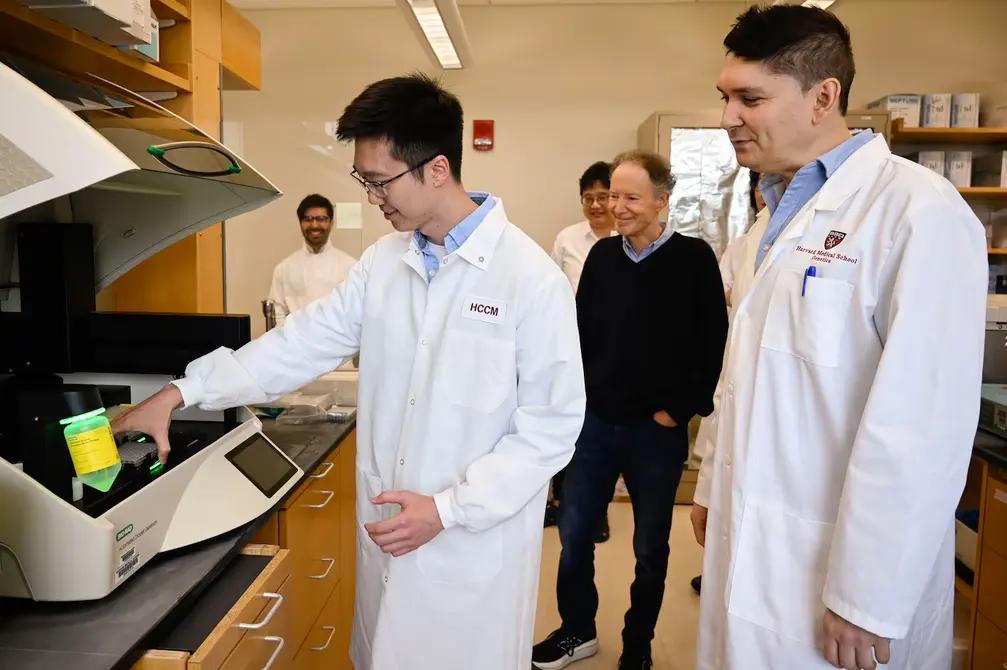
New study reveals lithium's potential in Alzheimer’s treatment
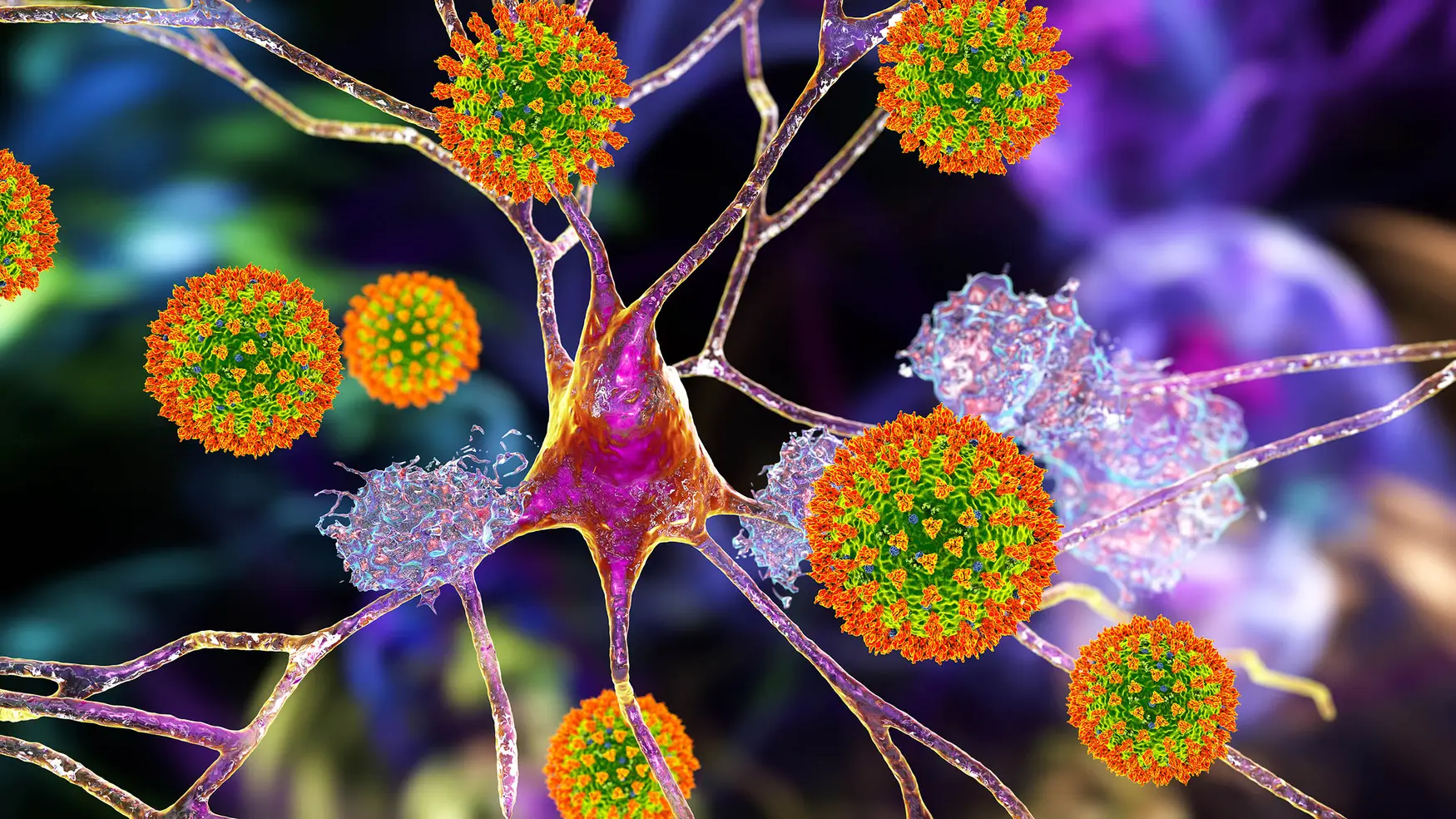
Study finds pandemic stress hastened brain aging

Research shows Covid pandemic accelerated brain aging
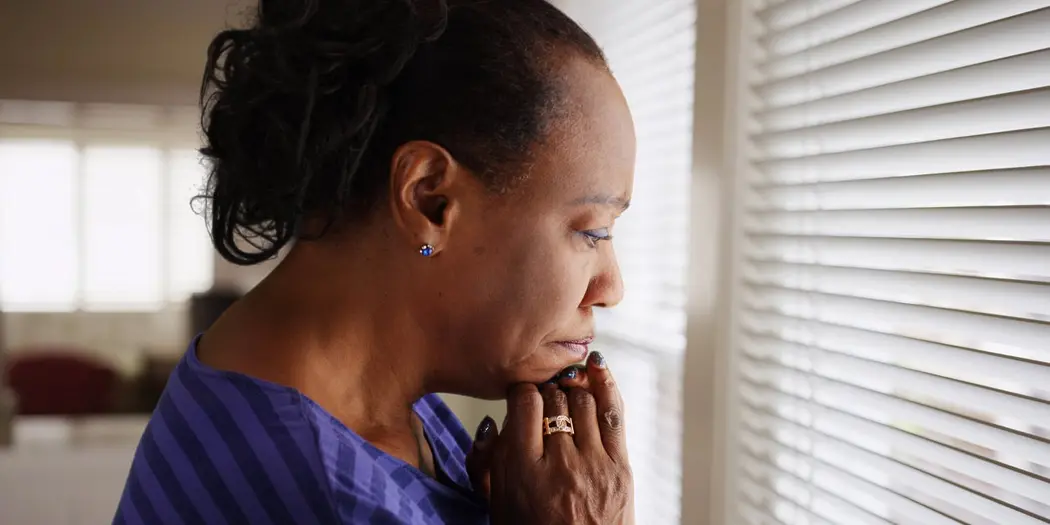
Study reveals poverty's impact on women's memory decline

Extreme heat linked to accelerated biological aging
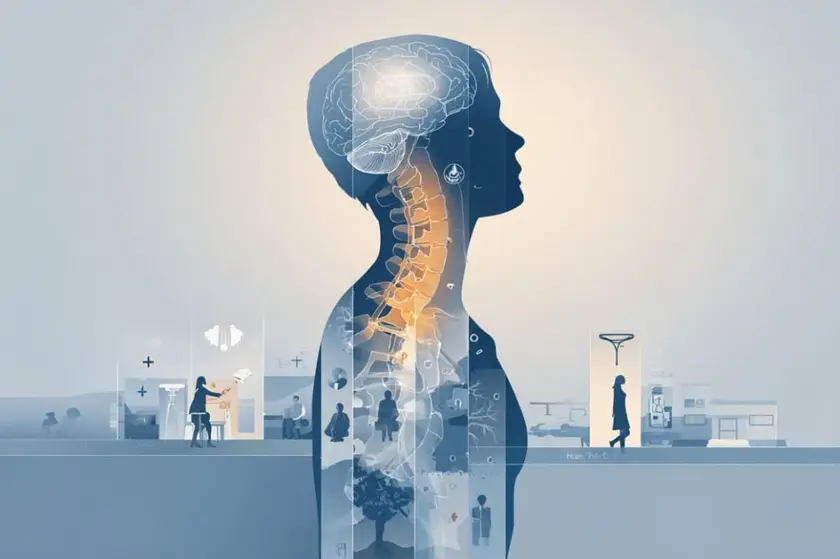
Study Reveals Early Signs of MS Emerge Years Prior to Diagnosis
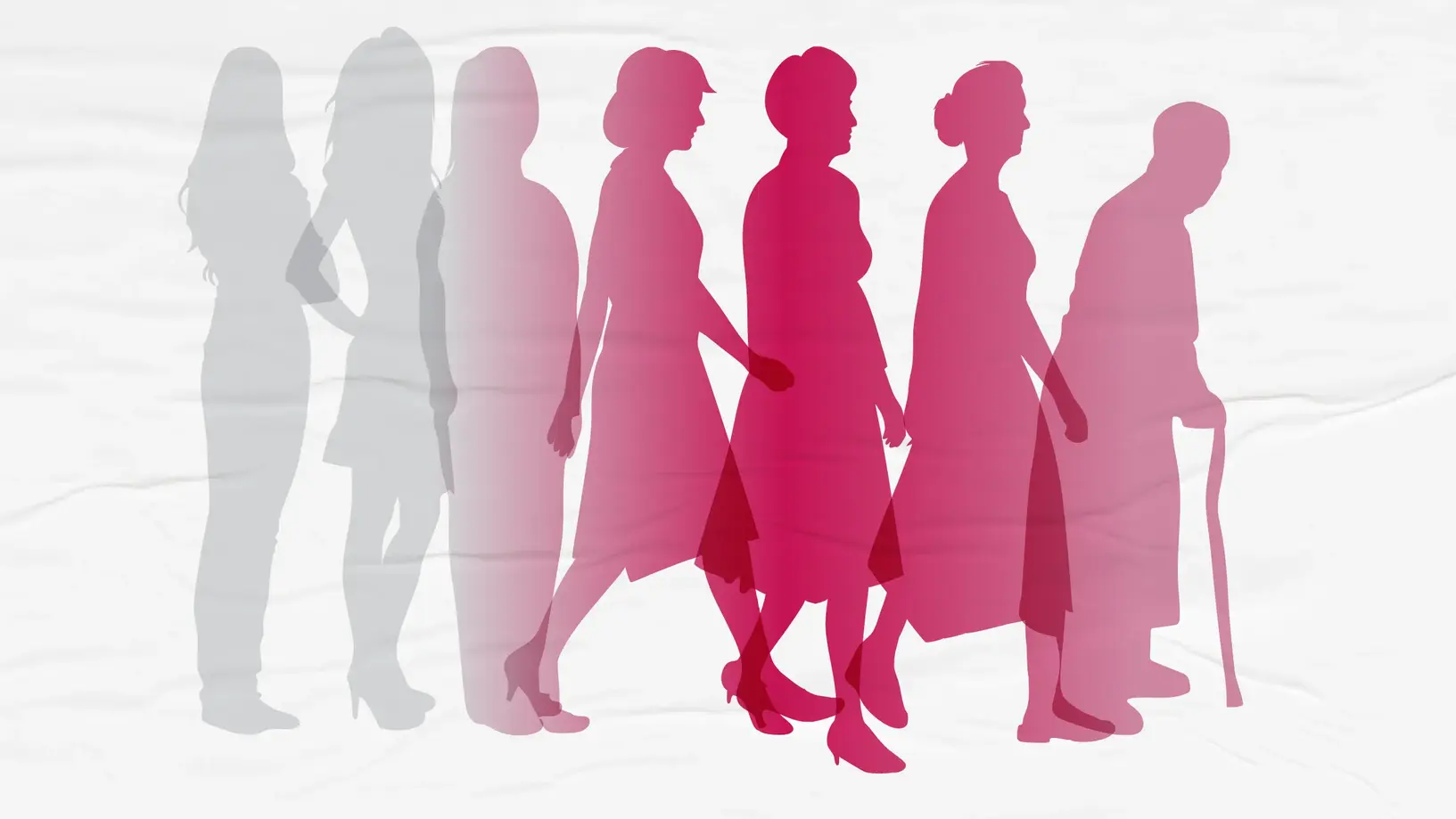
Study shows aging starts earlier than expected
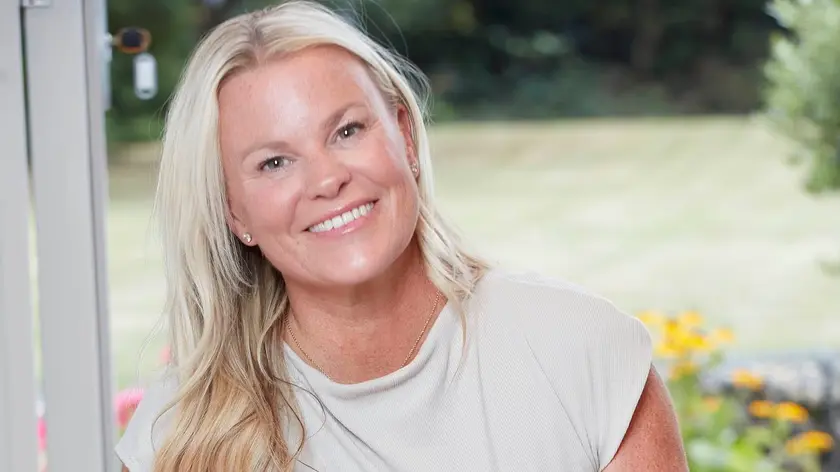
Rising MASLD affects millions in the UK
